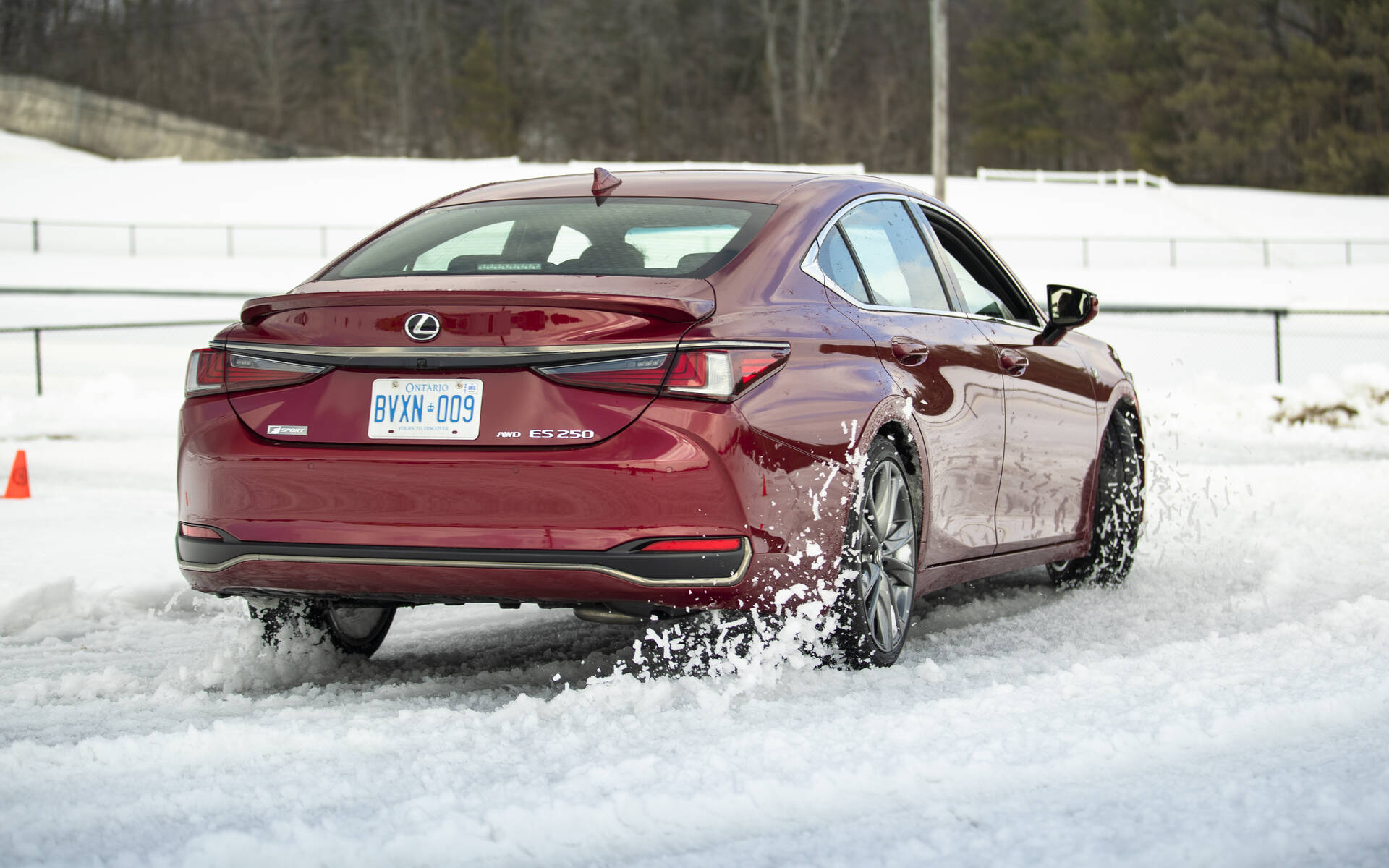All-Wheel Drive: Do You Really Need It?
Whether you’re looking for a pre-owned or a brand-new vehicle, you might be wondering if an all-wheel drive is relevant for you or not. While some think it’s a staple nowadays, others can easily live without it.
Of course, these systems drive the price up and add to the vehicle’s weight, in addition to burning more fuel and requiring more maintenance, but the difference might be negligible compared to the benefits of having an all-wheel drive.
It’s perfectly possible to be happy with a two-wheel drive, especially since most of them now come equipped with stability and traction control systems; even more if you live in the city and avoid harsh driving conditions.
But when the road gets slippery because of heavy rain for example, an all-wheel drive can become your best friend. Because the torque can be transferred to the four wheels depending on the circumstances, you get a much better road handling and control if one of the wheels loses its grip.
Driving a vehicle equipped with one in a snowstorm is an even more convincing experience. Accelerations are quicker and wheel slip is greatly reduced when taking off from a stop. The vehicle is also much more stable in general.
Some systems also improve handling no matter what the conditions are. That's the case of Acura's SH-AWD, which distributes torque between the rear and front wheels, but also between the left and the right. In a tight curve, it can transfer more power to the outside rear wheel, reducing understeer and improving the car’s overall performance.

All-Wheel Drive or Winter Tires: What’s the Best Option?
Is a two-wheel drive with good winter tires a better and safer option than a four-wheel drive with all-season tires?
Generally, an all-wheel drive vehicle with all-season tires will make quicker accelerations from a stop and at high speeds. The same goes for corner exits, even when the vehicle is at an angle in relation to the wanted trajectory.
On the other hand, a front-wheel drive with quality winter tires can brake and come to a stop over much shorter distances, both on snow and ice. It can also corner with more control and predictability.
In short, an all-wheel drive certainly offers benefits in winter—in addition to being more fun—but in normal driving conditions, where good braking and road handling are preferred over quick accelerations, winter tires are the better choice, no matter the number of driven wheels.











